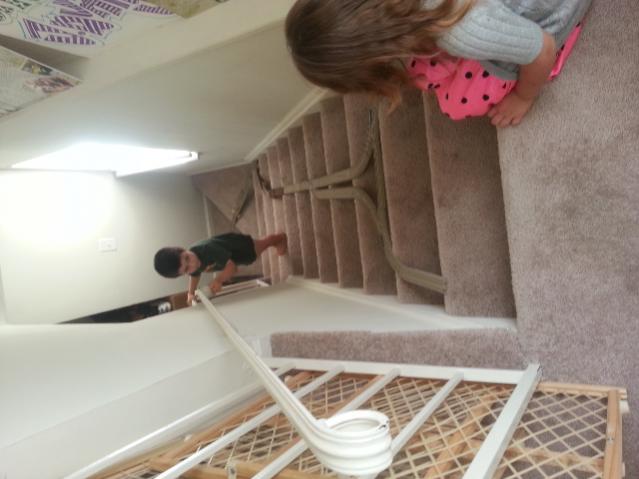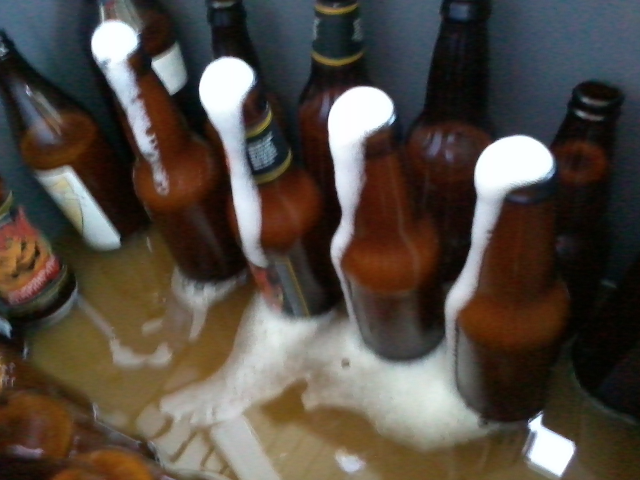If I bottle of wine or cider (that I intend to make sparkling) at a certain specific gravity - is there any relationship to how much carbonation I'll have?
Let say I put an 13.5% apple wine, that reads 1.005 on the hydrometer in a champagne bottle. Pitch Premier Cuvee Yeast starter, so it should ferment it all. What amount of carbonation will I have at the end? Volumes of CO2?
Thanks!
Let say I put an 13.5% apple wine, that reads 1.005 on the hydrometer in a champagne bottle. Pitch Premier Cuvee Yeast starter, so it should ferment it all. What amount of carbonation will I have at the end? Volumes of CO2?
Thanks!





![Craft A Brew - Safale S-04 Dry Yeast - Fermentis - English Ale Dry Yeast - For English and American Ales and Hard Apple Ciders - Ingredients for Home Brewing - Beer Making Supplies - [1 Pack]](https://m.media-amazon.com/images/I/41fVGNh6JfL._SL500_.jpg)






















































